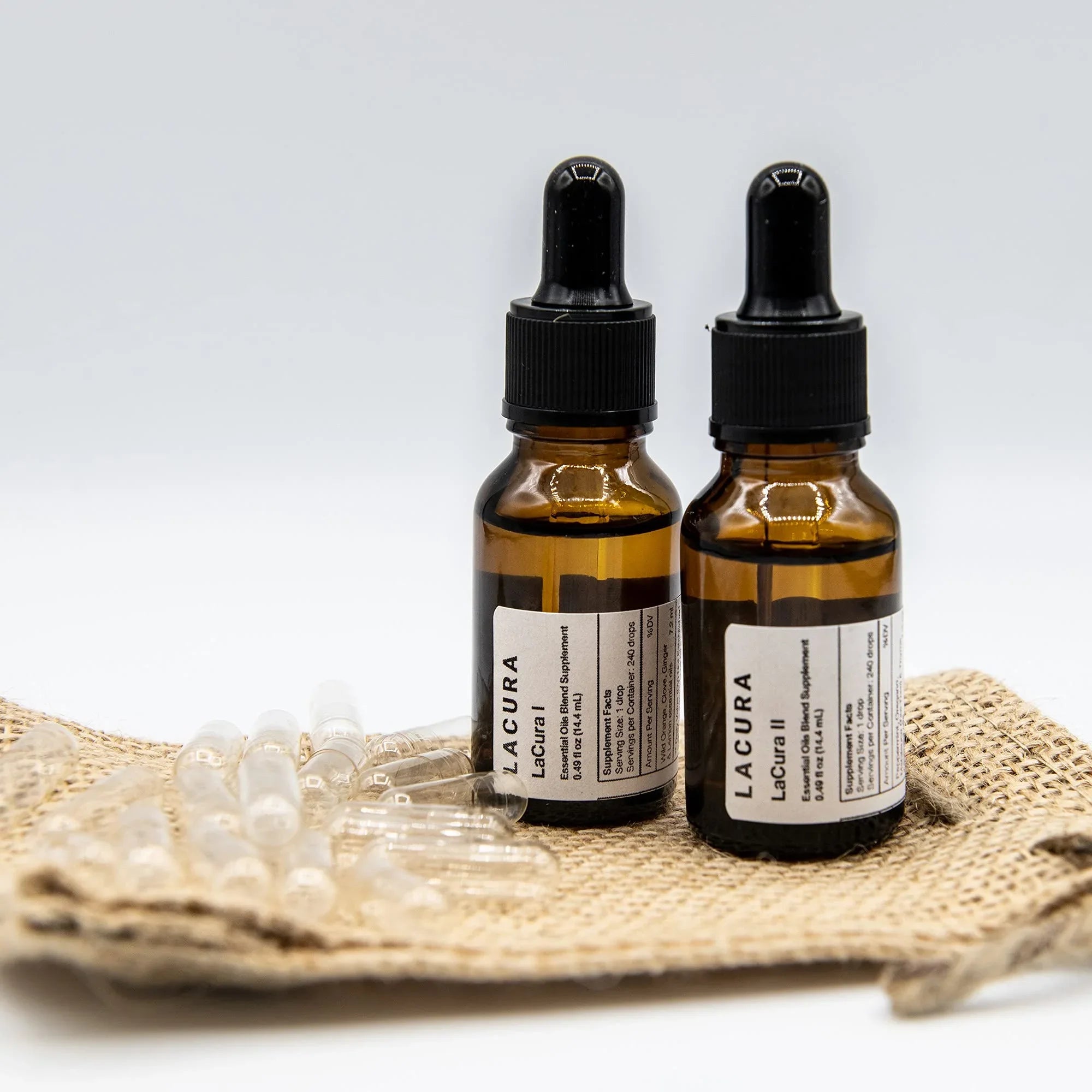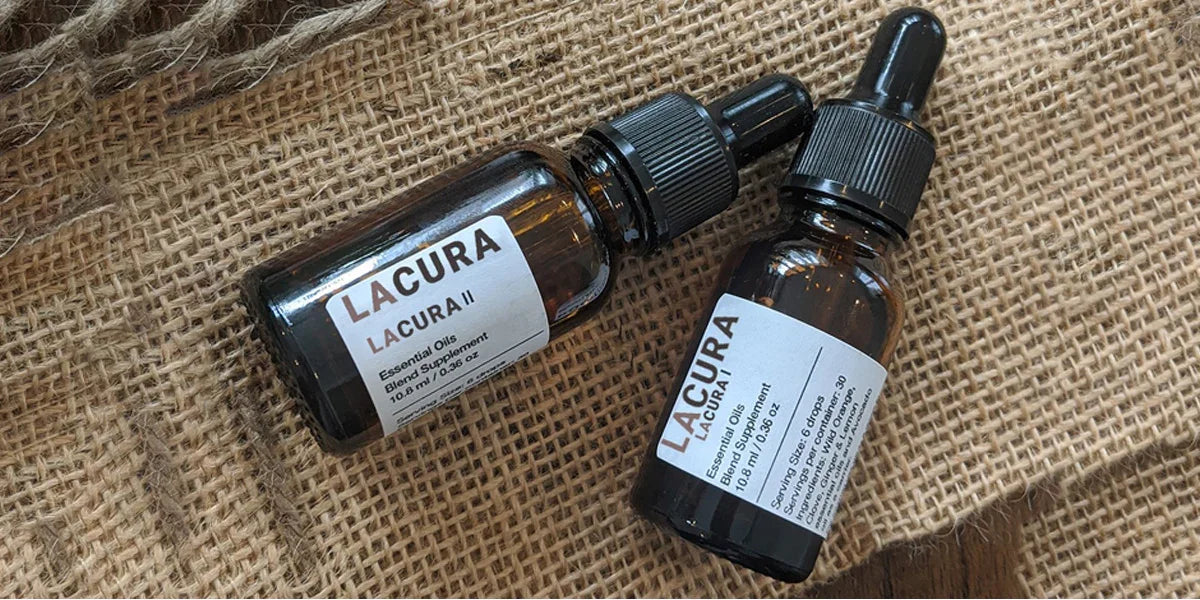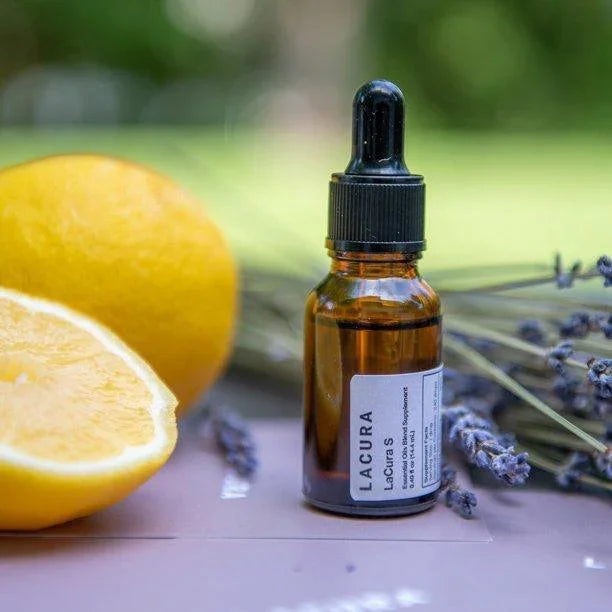You are not alone if you’re worrying about your teens due to the pandemic-related stress and traumas they may have been through.
Perhaps you see the signs, but have no idea how to help them. Many are not sharing their concerns with other parents or their Doctor for fear of judgment and how serious this may be.
Clients in my Functional Medicine practice confide in me, and I am here to say that many of us are experiencing the same situation. I’m here to guide you through it with signs to look out for and tools you can use immediately to help your teens thrive.
During COVID-19: Signs Your Teen May Need More Support
The ongoing stress, fear, grief, and uncertainty created by the pandemic has weighed heavily on children and teens. Many families have also lost jobs, experienced death of someone they know, and had vital support such as school, health care services, and other community programs interrupted. Healthychildren.org Some kids are being bullied for their no vax or vaxxed status.
Many are having a tough time coping emotionally.
The Good News: There are things that you as a parent can do.
Here are some signs of distress for you to look out for, and below are 3+ factors that help teens stay mentally and physically healthy during the pandemic.
Teens may show signs of distress with symptoms such as:
- Changes in mood that are not usual for your child, such as ongoing irritability, feelings of hopelessness or rage, and frequent conflicts with friends and family.
- Changes in behavior, such as stepping back from personal relationships. For example, if your outgoing teen stops spending time or texting or video chatting with friends, this may be cause for concern.
- A loss of interest in activities previously enjoyed. Did your music-loving child suddenly stop wanting to practice guitar, for example? Did your aspiring chef lose all interest in cooking and baking?
- A hard time falling or staying asleep, or starting to sleep all the time.
- Changes in appetite, weight or eating patterns, such as never being hungry or eating all the time.
- Problems with memory, thinking, or concentration.
- Less interest in schoolwork and drop in academic effort.
- Changes in appearance, such as lack of basic personal hygiene.
- An increase in risky or reckless behaviors, such as using drugs or alcohol.
- Thoughts about death or suicide, or talking about it (see "A word about suicide risk," below.* org
3 Factors That Have Helped Teens Stay Mentally Healthy During Pandemic:
- Support from family and friends
- Exercise
- Sufficient sleep
The factors most strongly associated with protecting teens against stress, anxiety and depression were positive relationships (such as talking about plans for the coming day with parents or participating in family activities). Healthychildren.org
Common Question: How do I Open Communication With My Teen?
Sometimes parents tell me they don’t see the signs and symptoms because of the little interaction they have communicating with their teen. Their teens don’t want to share with them anymore.
You can find a way to get into their lives, and for your kids to feel protected and close to you without lecturing or talking or asking too much. By showing that we’re interested in them, even if it’s something that’s not that interesting to you, the lines of communication open.
As an example, a client of mine asked her teen about the video game he was playing. He was surprised.
“Are you really interested in knowing how I play the game?”
She told him yes, that she wanted to know what he was so excited about, what he was doing in the game. A few days later he came and asked her -
“Do you want to come watch me play?”
If your teen is listening to music, ask about it. Listen to some of the songs they listen to. When you hear them playing a song you like, you have a new language. They’re into fashion? Another one of my clients had her teen daughter showing her all the fashion trends on tiktok and this started the communication and conversation going.
In addition, it’s important to help them find something they are good at, dance, weight lifting, running etc. and encourage them to do it.
More important now than ever because of the separation happening outside, quarantines, regulations, etc., is to keep together as a family. At least in the house, be closer, make sure they get the love and compassion we all need in the house. Using an essential oil diffuser with calming and uplifting oils such as lemongrass, orange, lemon, and lavender works wonderfully. Find time together to spend as a family watching a movie, etc.
When communication is there, you can encourage them to eat better by making small changes in their diets and by explaining to them that this helps clear up acne as well as balancing hormone levels, as sugar reduction often does. Doing exercise, even spending time outdoors in the sun when possible, lifts the mood. It’s easy to forget that just breathing fresh air in and out is so beneficial. They will feel better and have more energy.
Any teen - regardless if the pandemic is affecting them: this is the time to help them understand how important healthy food is. It can change and remove anxiety and depression.
Keep these ideas in mind as well:
Getting out in nature,
Getting sunlight,
Earthing, walking outside barefoot
Foresting,
Eating less processed foods
Eating clean proteins
Less sugar
You as a parent have to give the messages to the teens, and it’s hard, yet achievable. When you see them doing something positive, encourage more of it, in small steps, ie. drink 2 cups of soda instead of 3 to start.
Vitamins and Essential Oils
An article on 9 Key Nutrients to support your teen’s immune system is linked here. by Deep Roots At Home.
In addition: Essential oils such as the LaCura C - Calm reduces anxiety, LaCura S - sleep helps with sleep and the new Zit Free blend clears up acne.
Continue to check in with your child often and watch and listen for signs they are struggling.
"Focusing on what you can do to support young people, like maintaining as much of a routine as possible, walking at least 10 minutes a day, and strengthening family relationships, really matters during times of stress," said Fiona Baker, director of the Center for Health Sciences at SRI International in Menlo Park, Calif., and principal investigator of the ABCD study site at SRI. Healthyday
Remember
Keep lines of communication open between you and your child, and don’t hesitate to talk with your pediatrician about ways to help maintain your family’s mental health during this difficult time.
**If you are unsure about what to do, call the National Suicide Prevention Lifeline at 1-800-273-TALK (273-8255). It is available 24 hours a day, 7 days a week, from anywhere in the United States.






